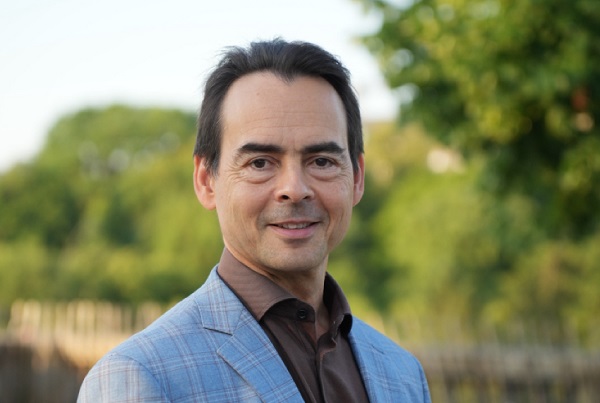 Francis Kaell, incoming Deputy Director of MNHN;
Credit: Francis Kaell
Francis Kaell, incoming Deputy Director of MNHN;
Credit: Francis Kaell
Luxembourg's Ministry of Culture has announced the appointment of Francis Kaell as Deputy Director of the National Museum of Natural History (MNHN / Natur Musée).
On the proposal of Luxembourg's Minister for Culture, Eric Thill, the Government Council (Cabinet) decided at its meeting on Friday 4 July 2025 to propose to the Grand Duke of Luxembourg the appointment of Francis Kaell as Deputy Director of the MNHN.
Born on 30 June 1972, Francis Kaell is a geodetic engineer who graduated from the Rheinische Friedrich-Wilhelms-Universität Bonn in Germany, specialising in land use planning and cartography. He began his career in 1999 in the IT department of the Land Registry and Topography Administration (ACT) as an analyst of the administration's cadastral and topographic databases. A context of digital innovation led him to set up, in partnership with various ministries and administrations, the national "Géoportail" - a unifying platform for public sector geodata. To further promote transparency and interoperability, he set up, with various public partners, the national portal reserved for digital, open and reusable data. Having joined the Government Information and Press Service (SIP), he heads the new Open Data and Access to Information Division, promoting transparency and open data and working towards a national data ecosystem. Moreover, Francis Kaell has taught at the University of Luxembourg as well as at the National Institute for Public Administration (INAP).
According to the Ministry of Culture, Francis Kaell's appointment as Deputy Director of the MNHN reflects the recognition of his professional career and skills, which will contribute to the progress of the museum in fulfilling its missions. He will take up his new role at the MNHN on Monday 1 September 2025.
Under the law of 16 December 2022, amending the amended law of 25 June 2004, reorganising the State's cultural institutes, the MNHN's mission is, among other things, to study and document natural heritage and contribute to the conservation of biodiversity and geodiversity, to manage, conserve, preserve and develop the national collections of natural heritage as well as the national scientific database on biodiversity, and to make them accessible to the public, thereby contributing to the promotion of scientific culture and raising public awareness of the knowledge and conservation of national and international natural heritage.








